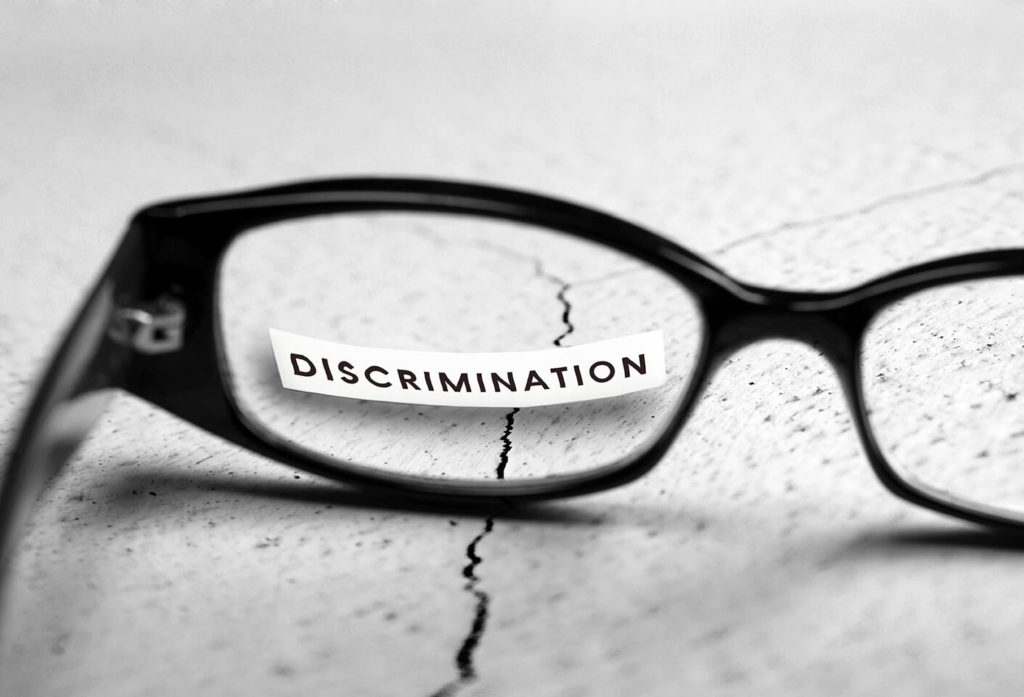If you believe you are being discriminated against or harassed at work because of your race, gender, sexual orientation, religion, national origin, age, or disability or are being retaliated against for reporting what you believe is discrimination or harassment, it can be hard to prove your claim without the proper evidence to support the facts. That’s why it’s essential to gather the right information. But how can you go about gathering what is needed to prove your discrimination or retaliation case?
Here’s a scenario that may sound very familiar:
Since becoming a supervisor for a large company, Janice has been routinely harassed by her manager, Sam, because of her allegedly poor job performance. Although she works hard and does a good job, nothing she does seems to please Sam. He frequently makes harassing comments to her, and some seem very sexually suggestive in nature. She has complained to Human Resources, but HR refuses to investigate. One night, while they were both working late, Sam approached Janice and tried to kiss her. She pushed him away. The next morning, she is called into Sam’s office and is fired on the spot.
Imagine you are in Janice’s position. What should you do?
Step 1 – Write it Down
Even before you experience any adverse action (such as termination), if you are experiencing the harassment that Janice experienced, you should keep a journal of what is occurring at work. You should write down a detailed description of all the harassing and discriminatory acts that happen to you. You should date each entry in case you are questioned about a particular incident later on. Keeping a journal will make it easier to remember what happened when asked months (or even years) later. The journal will also allow you to give accurate and detailed information if and when you decide to meet with a lawyer.
Step 2- Gather Documents
Start gathering all the documents you can concerning your employment and put them in chronological order. This means your pay stubs, memos, emails, and even handwritten notes. You should also keep a copy of any written complaint you have made to HR. You may have a right to obtain your personnel file from your employer, but you also may not want to do anything that would alert your employer that you are contemplating legal action.
Keep in mind that you should only keep copies of any documents you can legitimately access for work-related reasons. For example, you should not copy any confidential or proprietary information, even if it relates to your complaint. However, you can make general descriptive notes of what that information might be so that your lawyer knows what to ask for during litigation.
Step 3 – Find Witnesses
Witnesses are important in these types of cases. (For example, for Janie: Did a coworker see Sam try to kiss her? Did she tell anyone about Sam’s comments?) Write down the names and contact information of anyone you think could be a witness so your lawyer can contact them later. This includes not only witnesses you think will be helpful, but also those you think will support the employer. Your lawyer can provide you with the best advice only when she has all the information.
Step 4 – Contact an Employment Discrimination Lawyer Now
The sooner you contact the employment lawyers at Garrison, Levin-Epstein, Fitzgerald & Pirrotti, P.C., the sooner they can familiarize themselves with your situation and the easier it will be for them to advise you as to your rights and options and the best course of action to take.
If you are being discriminated against, know your rights and options. Contact our Connecticut employment lawyers today for an evaluation of your situation.
